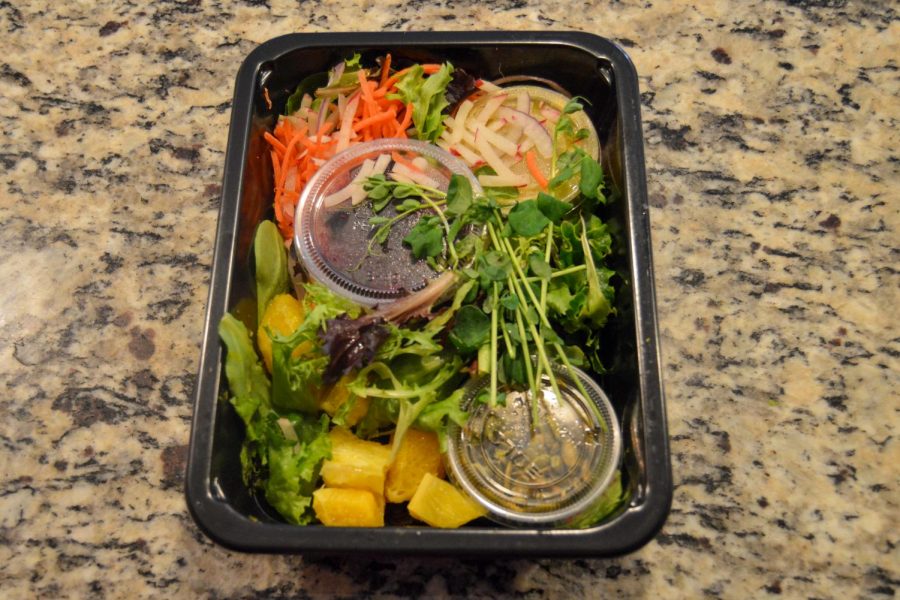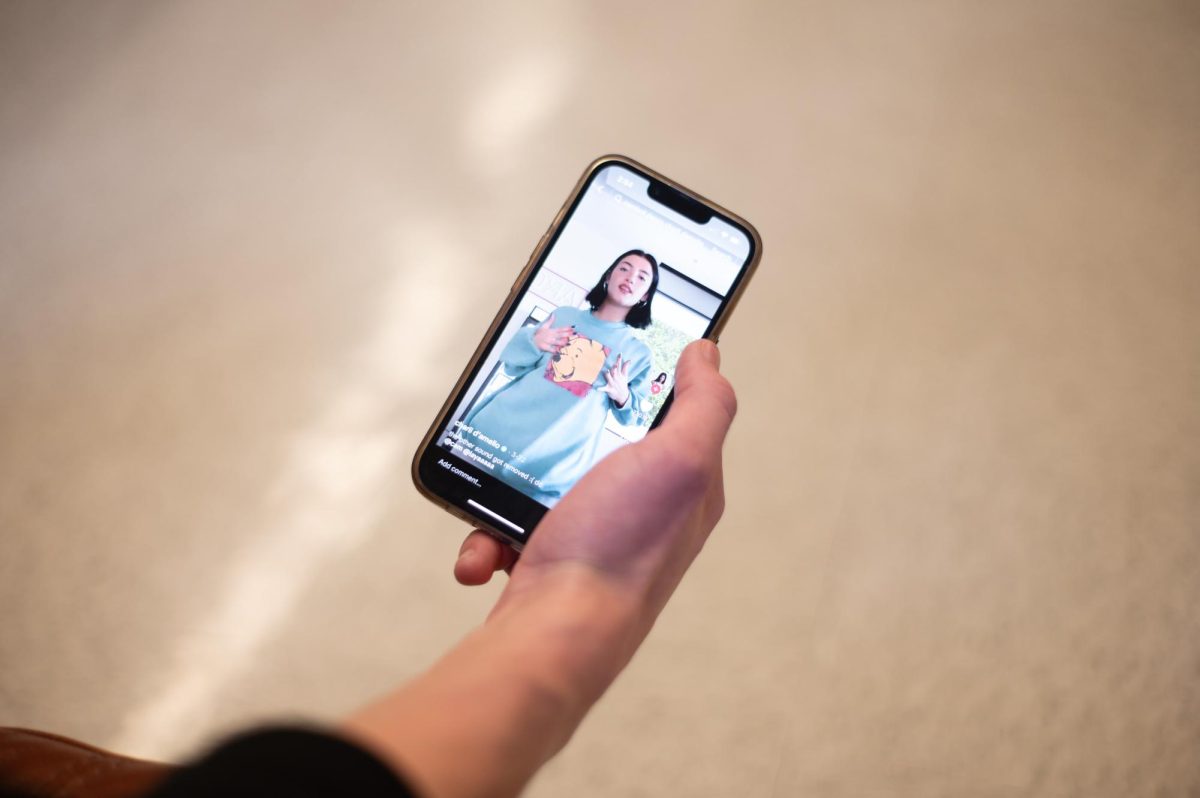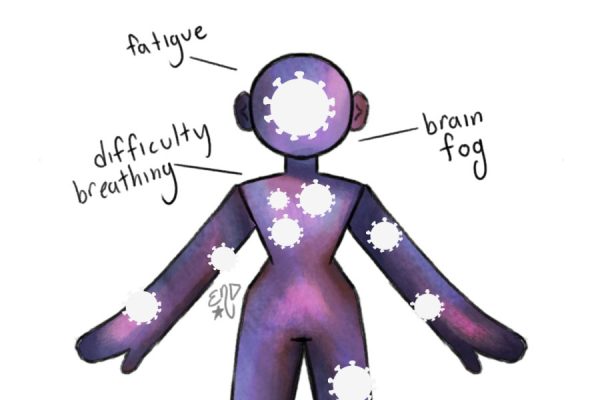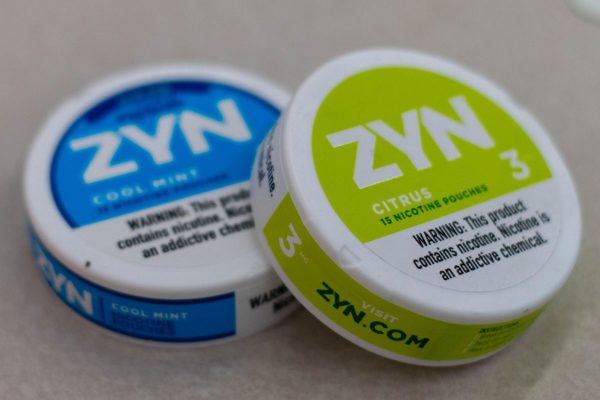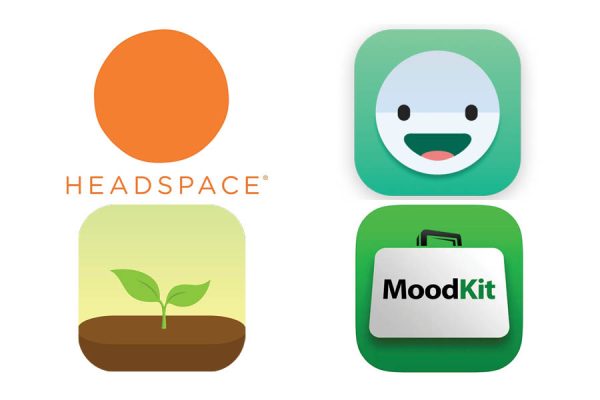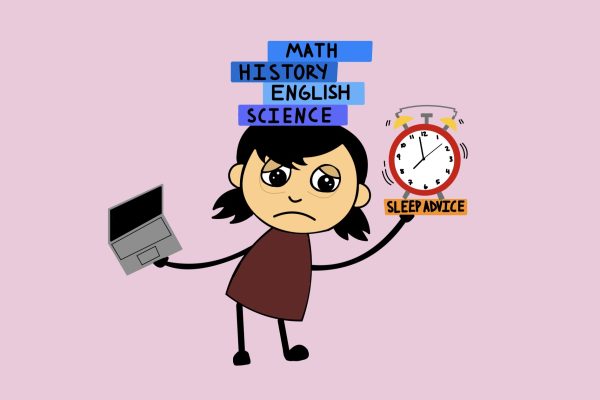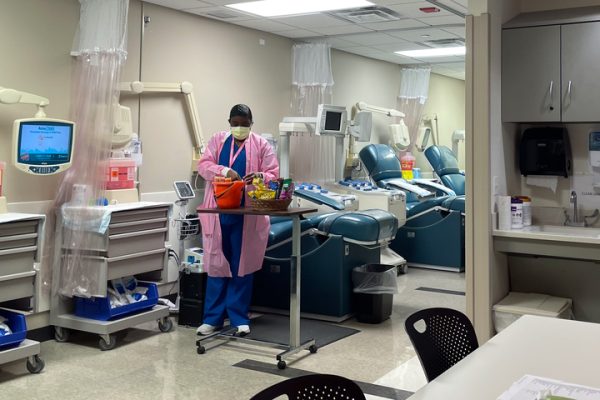Veganism and vegetarianism, students adopt new lifestyles during distance learning
Students have taken advantage of the time at home and increased access to their kitchens to drop animal-based foods from their meals.
March 31, 2021
A few years ago, junior Ben Sachs sat in a car on a road trip, listening to his mom read out a Facebook article about a farm sanctuary that rescued animals from the animal products industry. While the article was hopeful, it led Ben to question what about the industry was so brutal that those animals had to be saved from it.
That experience inspired Ben to become a vegetarian. Yet, it wasn’t until U-High transitioned to distance learning last spring that he transitioned to a vegan diet.
Throughout the pandemic, some U-High students have taken advantage of extra down-time and classes near the kitchen to drop animal-based foods from their diets.
While Ben entered the pandemic as a vegetarian, he has since taken up a vegan diet out of both concerns for the environmental impacts of animal agriculture and the well-being of the animals themselves.
Given the wide variety of foods containing dairy products, Ben found it difficult to avoid them in the cafeteria or at restaurants near school.
“But now that I’m home,” Ben said, “I’m not really going out anywhere. I’m a lot more creative. And my dad was cooking a lot, and so we were just able to kind of eat vegan pretty easily.”
According to Ben, he’s had to be more creative with food, as he now has an even more limited range of ingredients to cook with since starting his vegan diet.
“You have to be more creative in order to keep things fun,” Ben said. “So, we’ve just tried a lot of different things and just been able to branch out, because I remember when I wasn’t vegan, […] we would eat the same thing every week.”
Senior Alexandra Nehme became a pescatarian during the pandemic, meaning she now avoids meat but not seafood, after deciding to try it out last year when her mother gave up animal products for Lent, the six-week period preparation for Easter in which Christians abstain from something in their daily lives. After Lent ended, Alexandra said, it was easy to drop meat from her diet.
“After I stopped eating meat during that initial period, I didn’t really have any desire to go back to eating it,” Alexandra said. “I think I realized that I personally don’t have much of a need for meat in my diet.”
But, according to Ben, those wanting to stop eating animal products but worrying about cravings don’t have to cut themselves off completely or all at once. The adjustment can be easier when eased into slowly, Ben said.
Ben also encouraged people to have a reason for making the switch before doing so, to ensure they stay invested in maintaining the lifestyle.
Alexandra also offered some advice to new vegetarians on how to maintain a healthy diet without consuming animal products.
“Make sure that you’re getting in the right nutrients and getting in enough protein,” Alexandra said. “So you can look for alternate protein sources like beans, quinoa, there’s a lot of other options.”
According to registered dietician Lara Field, founder of FEED Nutrition Consulting, new vegetarians shouldn’t forget to work more veggies and whole grains into their diets alongside attempts to pack in enough protein.
I’d say it’s more of a lifestyle choice in a sense, and the diet follows that.
— Ben Sachs
“When trying to move towards a vegetarian or vegan diets, many people seem to get wrapped up in finding the right protein alternatives. However, it is vital to make sure you include the right veggies as well,” Ms. Field said. “Whole grains are also essential. Whole grains contain whole nutrition — protein, minerals and fiber — essential parts of a healthy diet.”
Veganism and vegetarianism are typically referred to as diets, but, as Ben explained, they’re more akin to a lifestyle.
“If it’s something you want to stick with, you have to be invested in it because it’s not really a diet,” Ben said. “I’d say it’s more of a lifestyle choice in a sense, and the diet follows that.”



